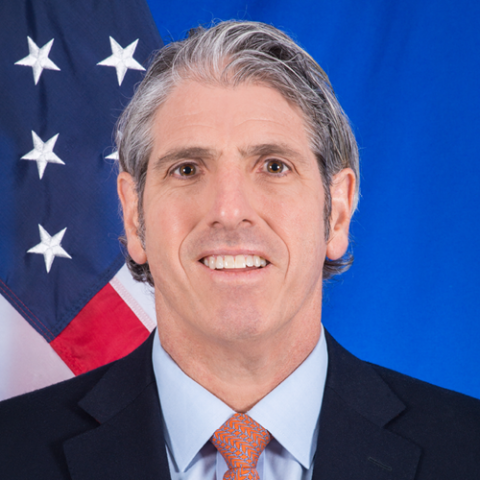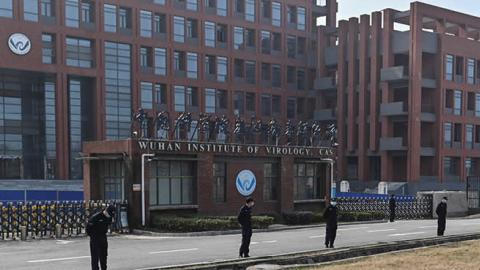On May 26, 2021, President Biden announced that he had tasked the US Intelligence Community (IC) with providing a definitive review of SARS-CoV-2’s origins within 90 days, and that deadline is fast approaching. On the same day, CNN reported that the Biden administration had shut down another investigation into possible Chinese government dual-use biological programs being conducted at the Wuhan Institute of Virology (WIV) and its associated facilities. This investigation, which was being conducted by the Bureau of Arms Control, Verification and Compliance (AVC), had been initiated by Secretary Pompeo’s State Department in 2019, and its purpose was to answer the following questions:
* What role, if any, did the Chinese government’s virus research program play in its biological weapons program? Under the Biological Weapons Convention, any use and development of capabilities with potential dual uses (civilian and military) must be for peaceful purposes.
* Did this virus research program and the spread of SARS-CoV-2 represent a further Chinese violation of the Biological Weapons Convention (BWC)?
Following the completion of the 90-day review, Congress should, over the short term, request that the AVC Bureau continue the investigation into SARS-CoV-2’s origin that President Biden interrupted and re-assigned to the Intelligence Community. In contrast to the US IC, the Bureau’s sole function is to assess other nations’ compliance with their international arms control obligations and, moreover, has the legal mandate to do so. Additionally, this memo contains recommendations concerning the US government’s compliance-and-verification function over the long term that would support policymakers and allow it to effectively fulfill its Congressional mandate.
Recommendations for Congressional Action
The Biden administration seems reluctant to consider and has thus far failed to aggressively address China’s dual-use programs. Congress must address this by strengthening the capabilities of the verification and compliance mission and not stifling it, as is now apparently occurring.
Over the short term, Congress should:
1. **Task the Bureau of Arms Control, Verification and Compliance with continuing its arms control investigation into SARS-CoV-2 and Chinese related dual-use programs** following submission of the IC’s review. As explained previously, it has the legal mandate to do so.
2. **Instruct the AVC bureau to apply and make available all information including: historical data, intelligence reporting, Chinese scientific publications, statements by Chinese military, political and scientific officials, diplomatic submissions and records, and other information available to it in answering the question of SARS-CoV-2’s origin** so that the level of Chinese compliance with the BWC can be effectively and objectively assessed.
When this analysis is complete, the AVC Bureau should not only inform the secretary of state and president but should also issue a specific report and brief Congress on its basis for reaching its conclusions.
Over the long term, Congress should consider the following actions to strengthen the United States’ compliance and verification function:
3. Decouple arms control and advocacy from verification and compliance, which are, at heart, competing interests. To accomplish this, Congress should establish an independent verification and compliance bureau reporting directly to the secretary of state.
4. Address the bureaucratic maze between treaty verifiers and treaty managers and lawyers. The new or empowered verification and compliance bureau should be given full and sole responsibility for assessing compliance of state parties with all biotechnology agreements and treaties.
5. **Ensure the AVC bureau is resourced with technical, scientific, legal and intelligence expertise and personnel** through expanded authorities to acquire and retain these specialized expertise and skills.
6. **Over the past several years, the “other officials” clause of the ACDA has allowed the State Department legal advisor and other bureaus to overrule critical recommendations of the AVC Bureau involving Chinese, Russian, and Iranian WMD programs and treaty violations.** With that veto power, State Department lawyers and other senior officials have either watered down or blocked critical findings that could have allowed the United States to hold rogue nations accountable in Geneva, New York, the Hague, and Vienna. Perhaps more problematic is their complete reliance and outsourcing of treaty compliance assessments (e.g., the NPT assessment to the IAEA) rather than conducting a US assessment.

















